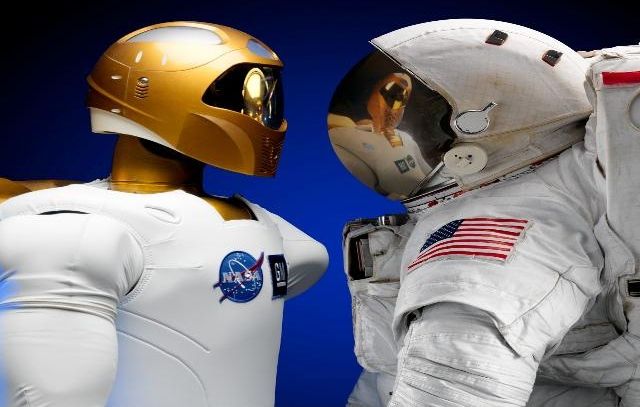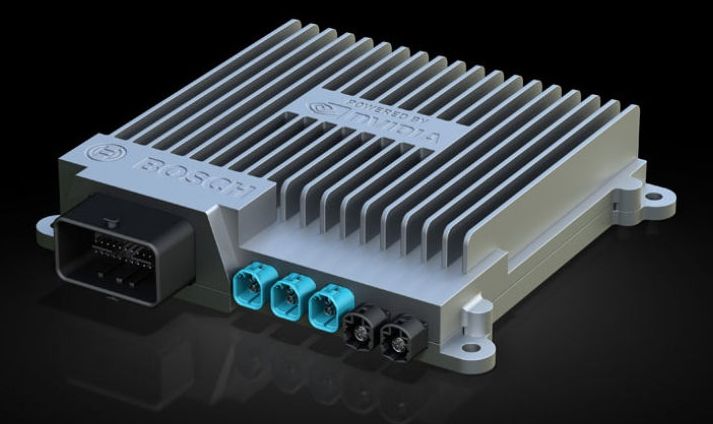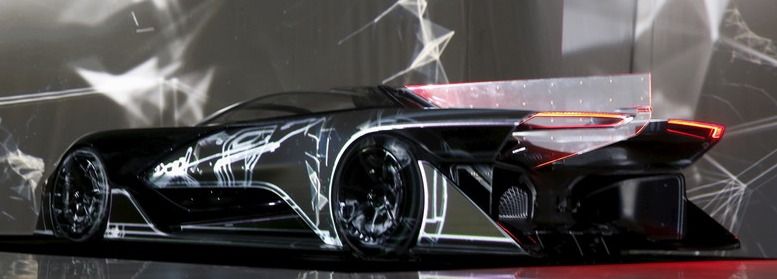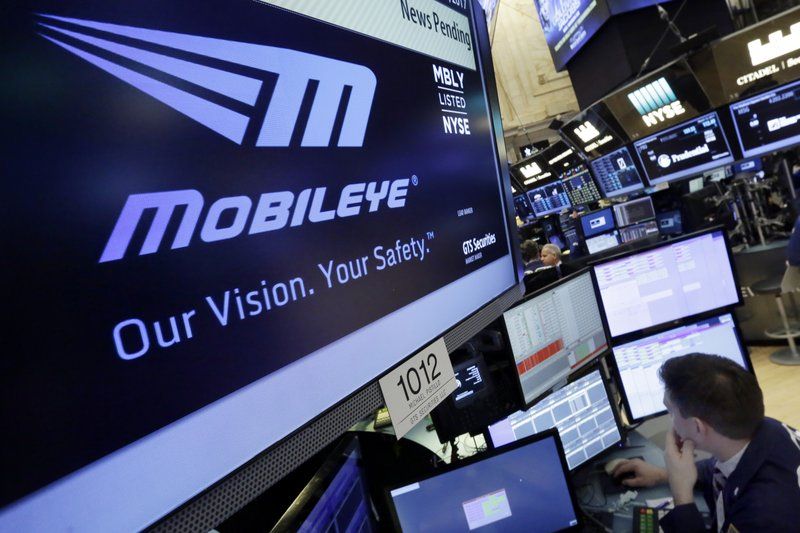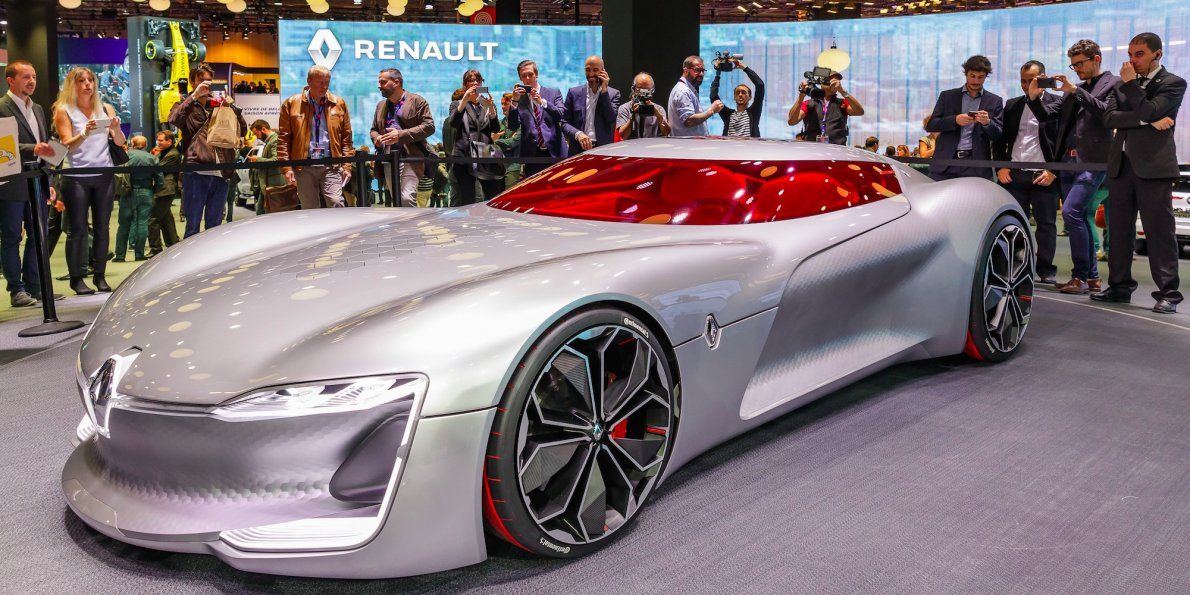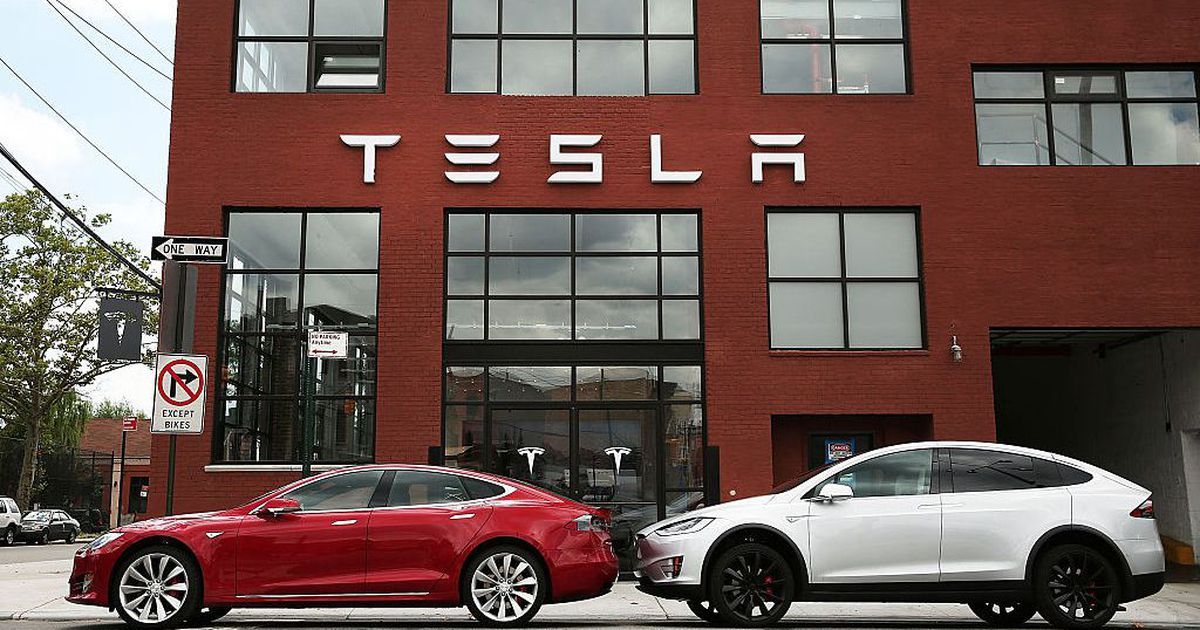As I’m sure many in the technology industry have thought today, there should have been a way to avoid the Oscars Envelopegate. But, is artificial intelligence the answer to all of our human error problems? A recent Accenture report found that the introduction and further development of AI could boost labor productivity by 40% by 2035. It seems as if banks have already picked up on this, as was seen last year with RBS’ replacement of human employees with automated services. News announced this week also suggests that artificial intelligence will become a central part of anything a technology organisation will do in the future. Will we see the same in the financial technology sector?
The relationship between man and machine is expected to be the naissance of a type of work that could potentially double annual economic growth, according to Accenture. Chief technology officer Paul Daugherty highlighted that “AI is poised to transform business in ways we’ve not seen since the impact of computer technology in the late 20th century.” He went on to explain in the report that artificial intelligence, with the help of cloud computing and analytics, is already starting to change the way that people work.
The weekend saw the UK government announce that they are planning to launch a review into the value of robotics in the country’s aim to become world technology leader. £17.3 million would be invested into university research of AI technologies such as Apple’s Siri, Amazon’s Alexa and driverless cars, as reported by The Independent. The article also drew from the Accenture report and said that artificial intelligence could add around £654 billion to the UK economy.
